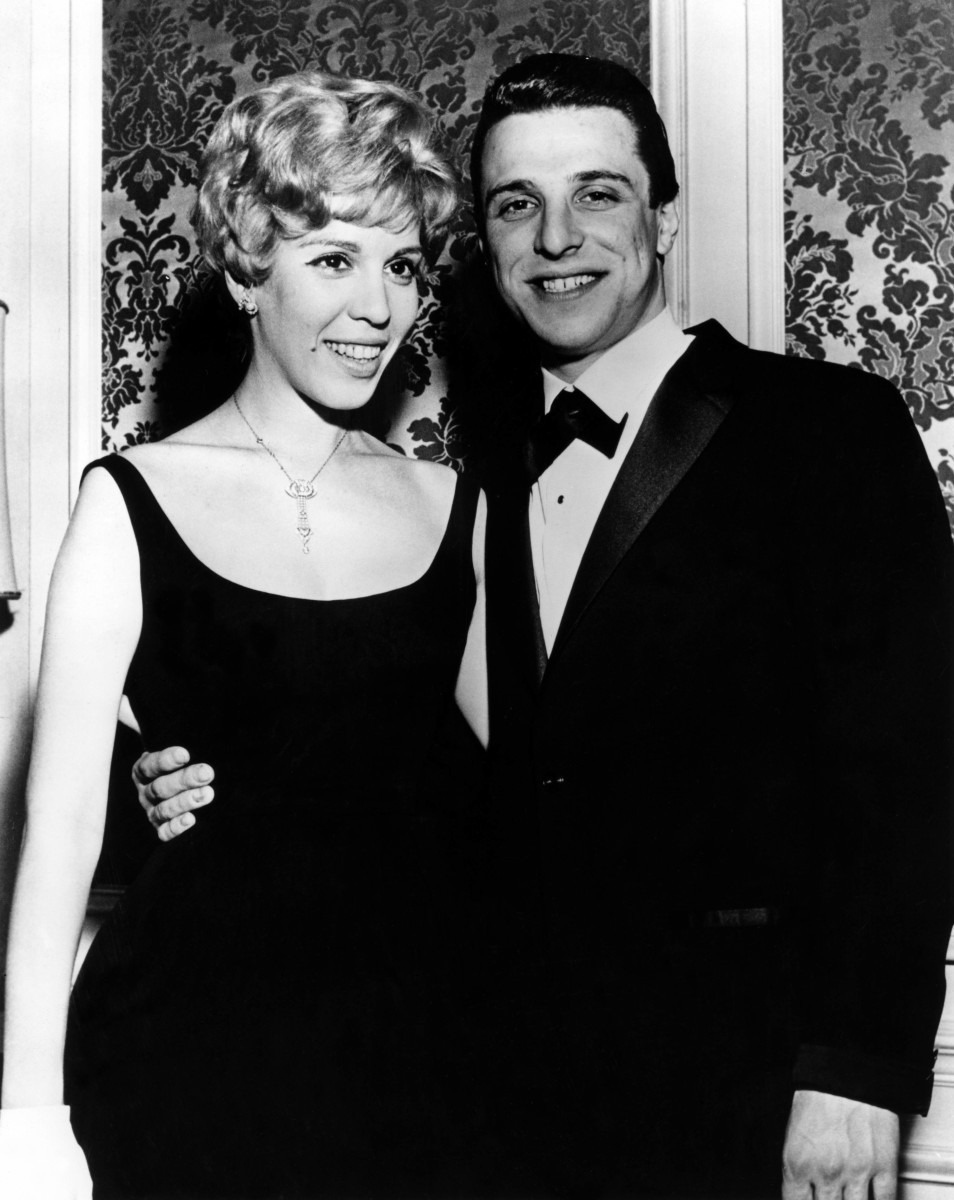‘Beautiful’ opens with a curly haired woman, courageous and bright eyed, centre stage sat at a piano, about to perform at her Carnegie Hall concert in June 1971. The woman is Carole King (well, not really), one of the most successful songwriters of the twentieth century. With huge hits such as ‘(You Make Me Feel Like) A Natural Woman’ and ‘Will You Still Love Me Tomorrow?’ under her belt, King is one talented lady, and as ‘Beautiful: The Carole King Musical’ reveals, she’s someone who overcame a feel battles to reach the stardom and celebration that she enjoys today.
If you take the time to see ‘Beautiful’ you’ll find yourself immersed in a world of pop hits through the 50s, 60s and 70s that you might not have known were the product of a hugely successful (as well as sadly, considerably unhappy) marriage between Carole King and her first husband, Gerry Goffin. The pair met and married at the tender age of sixteen, with the world at their fingertips (and vocal chords). The play tells us the story of their marriage and careers through the progress of their music, style and Billboard top 100 hit achievements.
As the songs the pair wrote together are revealed in fast-paced, dynamic performances by the acts that made them famous such as The Drifters and The Shirelles, each song created an excited buzz in the room, and strangely, a warm sense of pride for the success of this young woman with so much spirit and drive.
We meet characters such as Barry Mann and Cynthia Weil, another couple who were writing hits at the same time as King and Goffin, and would soon to become their best friends. The competitive but loving relationship between the four is revealed through their work, with the play allowing for some of Mann and Weil’s hits, such as ‘On Broadway’ and ‘Up’ to be performed.
 Cynthia Weil and Barry Mann (who are adorably still married today)
Cynthia Weil and Barry Mann (who are adorably still married today)
The villain of the play is Gerry, with the pairs tumultuous relationship being the basis of a lot of the ups and downs of the storyline. We, as the audience become invested in the protection of King and her being able to break away from the marriage to come into her own and become a performer in her own right. When she finally finds it in herself to tell Gerry to more or less get lost, I think everyone in the room agreed with the response of one old lady in the audience that exclaimed ‘yes girl!’, much to the amusement of everyone else (and even some of the cast). There followed the best performances of the night, ‘A Natural Woman’ and ‘It’s Too Late.’ Here we really see King transition from a song-writer, to a star.
 Carole King and Gerry Goffin in the early years
Carole King and Gerry Goffin in the early years
Though Bronte Barbe’s heavy Brooklyn accent for Carole King seemed brassy and brash when singing early on in the play, it was smoother and more listenable when we came into the Tapestry album years, which I was thankful for. What I found strange about this element of the play was that in recorded songs by the real Carole King, there is hardly a trace of the accent at all, but I suppose for continuity of the role this addition was felt to be appropriate.
If anything, ‘Beautiful’ is worth a watch just for the musical history of the play. It’s interesting to be able to follow the trends and changes in the decades from the music, the clothes and the hair, which was a nice metaphor for the growth of King’s character. When she finally starts becoming the woman we all know and admire, she really does let her hair down, allowing for her natural curls to take over, finding her real spirit and independence in the music industry as who she is.
 Carole in all her curly haired wonder
Carole in all her curly haired wonder
‘Beautiful: The Carole King Musical’ is running at the Palace Theatre in Manchester until the 6th January. Make sure you find some time to hear about Carole’s story, and let it inspire you to really believe in yourself for this new year.
Advertisements Share this:![The Age of Miracles: A Novel by [Walker, Karen Thompson]](/ai/005/629/5629.jpg)




